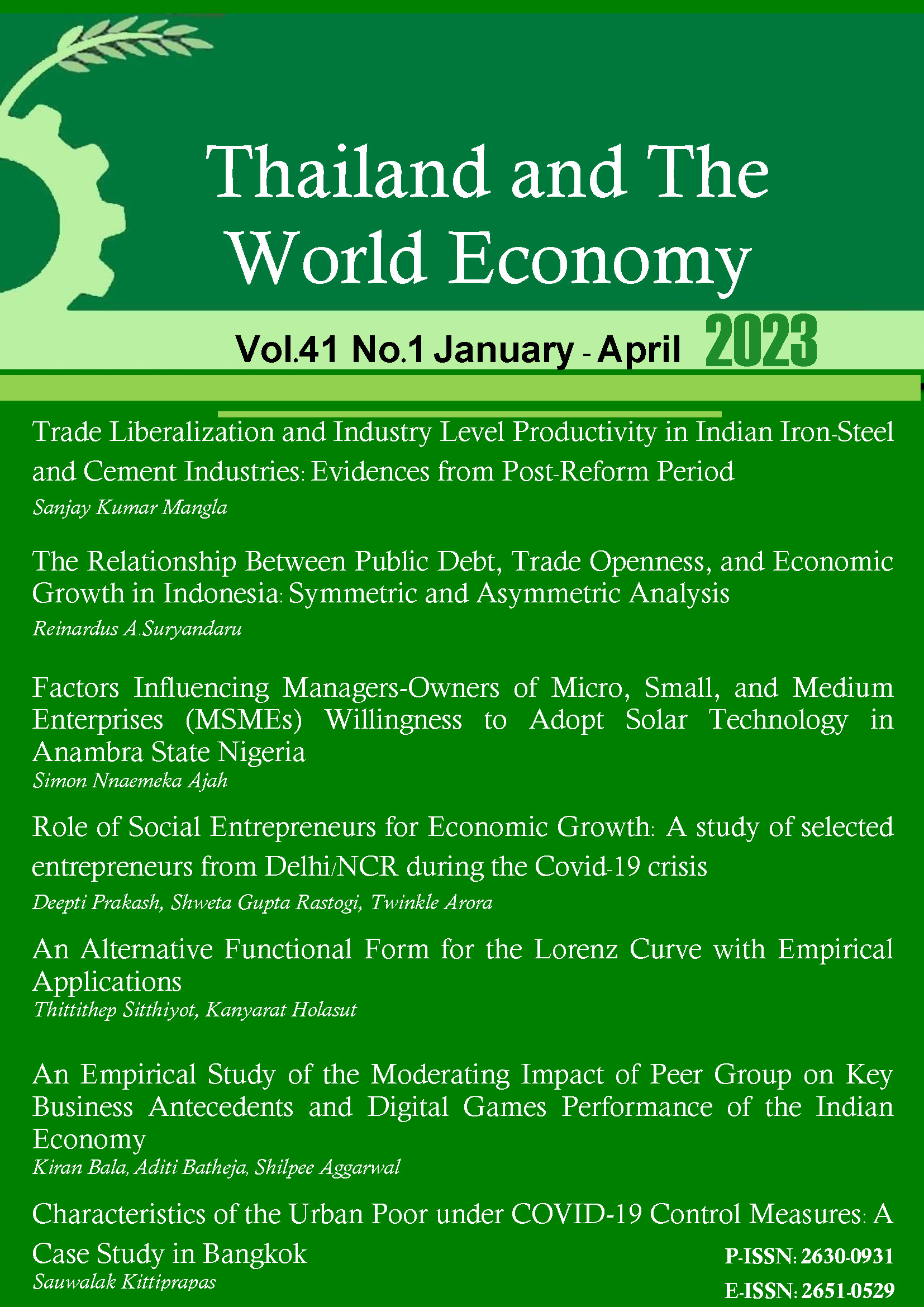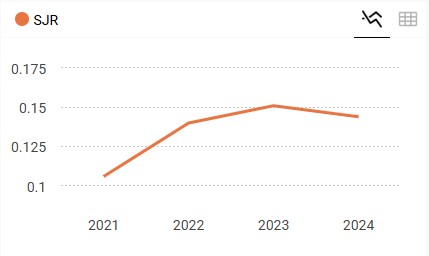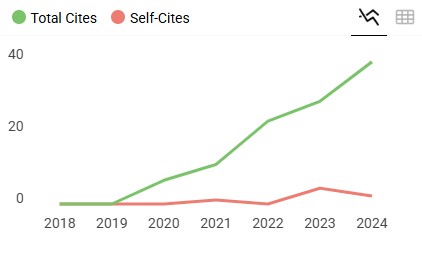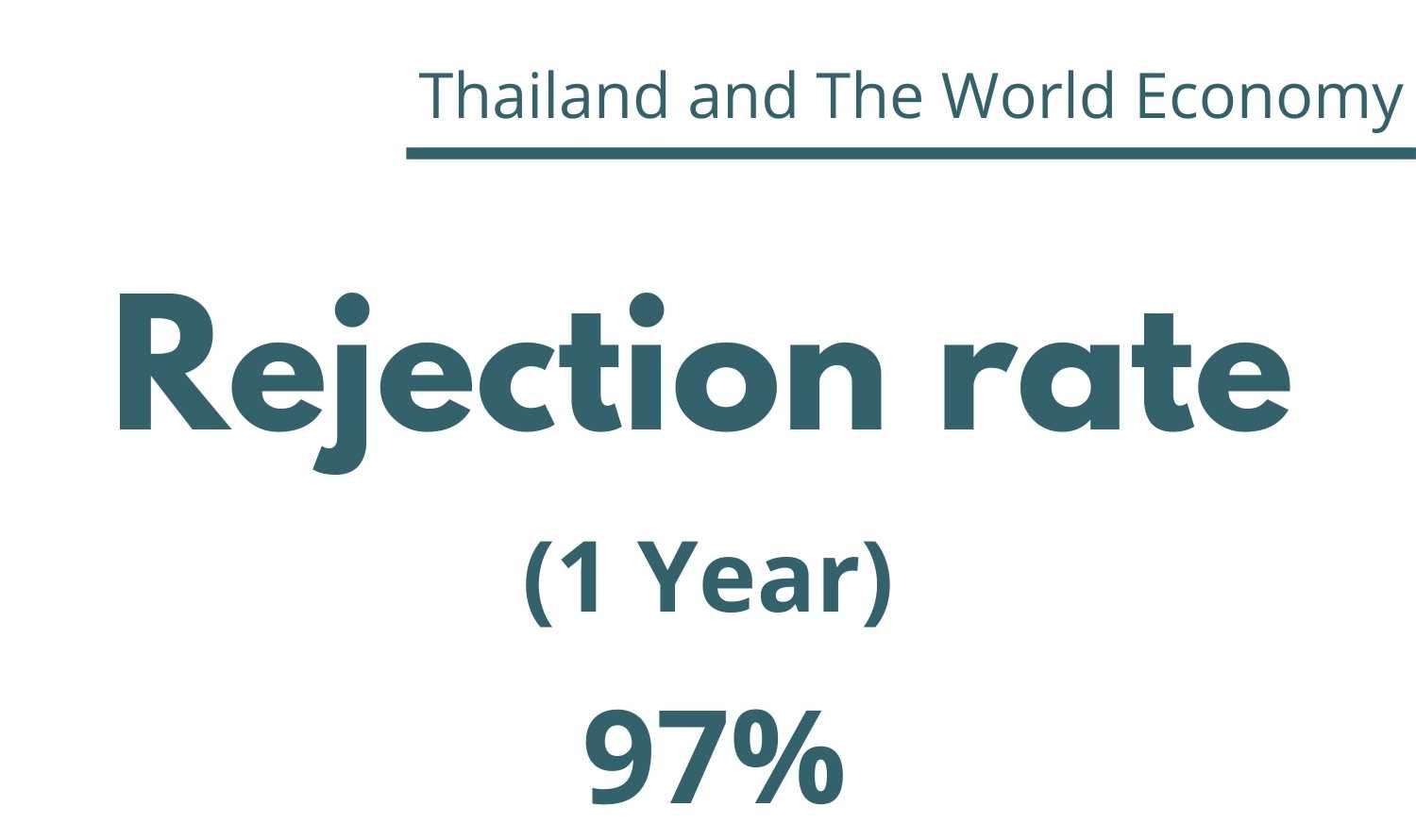Factors Influencing Managers-Owners of Micro, Small, and Medium Enterprises (MSMEs) Willingness to Adopt Solar Technology in Anambra State Nigeria
Abstract
Micro, small, and medium enterprises (MSMEs) are the engines that drive economic growth in Nigeria, but it has been hampered by harsh macro-environments such as lack of access to finance and inadequate power supply. This study investigates the factors that influence the solar technology adoption intention of managers-owners of MSMEs in Anambra State, Nigeria. A survey questionnaire was administered to 450 respondents who are managers-owners of MSMEs in the state. AMOS-23 was used to analyse the data. The findings showed that managers’-owners’ attitude towards behaviour and their perceived potential benefits of solar technology were positive and statistically significant factors influencing solar technology adoption intention. However, managers’-owners’ disruptive innovation activities (DIA) and perceived cost were not statistically significant in predicting adoption intention. Additionally, social trust was found to influence attitude but not necessarily influence a manager’s-owner’s intention to adopt solar technology. The findings suggested a need for cooperation among relevant stakeholders and a strong political will from the government to understand and promote solar technology in Nigeria to remedy the power shortages caused by a huge gap between power demand and supply.
References
Abdullahi, D., Renukappa, S., Suresh, S., & Oloke, D. (2021). Barriers for implementing solar energy initiatives in Nigeria: an empirical study. Smart and Sustainable Built Environment. doi:DOI 10.1108/SASBE-06-2020-0094
Ajah, S. N., & Pathranarakul, P. (2022). Roles of managers and stakeholders perception on solar technology adoption intention: A case of micro, small, and medium enterprises (MSMEs) in Lagos State, Nigeria. Journal of Sustainable Development, 15(1), 29-48.
Ajzen, I. (2002). Perceived behavioral control, self‐efficacy, locus of control, and the theory of planned behavior 1. Journal of applied social psychology, 32(4), 665-683.
Ajzen, I., & Fishbein, M. (2005). The influence of attitudes on behavior. Retrieved from https://www.researchgate.net/profile/Dolores-Albarracin/publication/325114583_THE_INFLUENCE_OF_ATTITUDES_ON_BEHAVIOR_The_Influence_of_Attitudes_on_Behavior/links/5af852fa4585157136e795d5/THE-INFLUENCE-OF-ATTITUDES-ON-BEHAVIOR-The-Influence-of-Attitudes-on-Behavior.pdf
Aladejare, S. A. (2014). Energy, growth and economic development: A case study of the Nigerian electricity sector. American Journal of Business, Economics and Management, 2(2), 41-54.
Alam, S. S., Hashim, N. H. N., Rashid, M., Omar, N. A., Ahsan, N., & Ismail, M. D. (2014). Small-scale households renewable energy usage intention: Theoretical development and empirical settings. Renewable energy, 68, 255-263.
Aliyu, A. S., Dada, J. O., & Adam, I. K. (2015). Current status and future prospects of renewable energy in Nigeria. Renewable and Sustainable Energy Reviews, 48, 336-346.
Babakatcha, N., Yabagi, J. A., Ladan, M. B., & Oladipupo, M. D. (2020). Harnessing solar energy potential as an alternative source of electrical energy in north central, Nigeria. African Journal of Environment and Natural Science Research, 3(4), 86-94.
Babbie, E. (2013). The practice of social research (International Edition). Andover: Cengage Learning.
Bell, E., Bryman, A., & Harley, B. (2018). Business research methods: Oxford university press.
Board, C. E. (2020). Impact of perceived ease of use, awareness and perceived cost on intention to use solar energy technology in Sri Lanka. Journal of International Business and Management, 3(4), 01-13.
Bollinger, B., & Gillingham, K. (2012). Peer effects in the diffusion of solar photovoltaic panels. Marketing Science, 31(6), 900-912.
Caird, S., Roy, R., & Herring, H. (2008). Improving the energy performance of UK households: Results from surveys of consumer adoption and use of low-and zero-carbon technologies. Energy Efficiency, 1(2), 149.
Chen, Lin, Y.-P., & Cheng, T.-J. (2013). Public attitudes toward nanotechnology applications in Taiwan. Technovation, 33(2-3), 88-96.
Chen, Zhu, Z., & Zhang, Y. (2017). A study of factors influencing disruptive innovation in Chinese SMEs. Asian Journal of Technology Innovation, 25(1), 140-157.
Chen, K. K. (2014). Assessing the effects of customer innovativeness, environmental value and ecological lifestyles on residential solar power systems install intention. Energy Policy, 67, 951-961.
Christensen, C. M., & Bower, J. L. (1996). Customer power, strategic investment, and the failure of leading firms. Strategic management journal, 17(3), 197-218.
Claudy, M. C., Peterson, M., & O’driscoll, A. (2013). Understanding the attitude-behavior gap for renewable energy systems using behavioral reasoning theory. Journal of Macromarketing, 33(4), 273-287.
Creswell, J. W., & Creswell, J. D. (2017). Research design: Qualitative, quantitative, and mixed methods approaches: Sage publications.
Ebitu, E. T., Glory, B., & Alfred, U. J. (2016). An appraisal of Nigeria’s micro, small and medium enterprises (MSMEs): Growth, challenges and prospects. British Journal of Marketing Studies, 4(5), 21-36.
Europe, G. m. o. (2017). Global market outlook for solar power 2017-2021. SolarPower Eur, 60.
Ezennaya, O., Isaac, O., Okolie, U., & Ezeanyim, O. (2014). Analysis of Nigeria’s national electricity demand forecast (2013–2030). International Journal of Science and Technology Research, 3(3), 333-340.
Faiers, A. (2009). Understanding the Adoption of Solar Power Technologies in the UK Domesic Sector. Cranfield University, School of Applied Sciences,
Feng, H.-Y. (2012). Key factors influencing users' intentions of adopting renewable energy technologies. Academic Research International, 2(2), 156.
Fischer, C., & Sauter, R. (2004). Users as pioneers: Transformation in the electricity system, microCHP and the role of the users. Paper presented at the Proceedings Berlin Conference on Human Dimensions of Global Environmental Change.
Garcia, R., Bardhi, F., & Friedrich, C. (2007). Overcoming consumer resistance to innovation. MIT Sloan management review, 48(4), 82.
Gaskin, J., & Lim, J. (2016). Master validity tool. AMOS Plugin In: Gaskination’s StatWiki.
Giwa, A., Alabi, A., Yusuf, A., & Olukan, T. (2017). A comprehensive review on biomass and solar energy for sustainable energy generation in Nigeria. Renewable and Sustainable Energy Reviews, 69, 620-641.
Goodstein, E., & Lovins, L. H. (2019). A pathway to rapid global solar energy deployment? Exploring the solar dominance hypothesis. Energy Research & Social Science, 56. doi:https://doi.org/10.1016/j.erss.2019.05.007
Ha, H. Y., & Janda, S. (2012). Predicting consumer intentions to purchase energy‐efficient products. Journal of consumer marketing.
Habtay, S. R. (2012). A firm‐level analysis on the relative difference between technology‐driven and market‐driven disruptive business model innovations. Creativity and Innovation Management, 21(3), 290-303.
Hai, M. (2021). Soocial acceptance of solar energy as intention, willingness, and readiness.
Hair Jr, J. F., Hult, G. T. M., Ringle, C. M., & Sarstedt, M. (2021). A primer on partial least squares structural equation modeling (PLS-SEM): Sage publications.
Hu, L. t., & Bentler, P. M. (1999). Cutoff criteria for fit indexes in covariance structure analysis: Conventional criteria versus new alternatives. Structural equation modeling: a multidisciplinary journal, 6(1), 1-55.
Jorns, A. R. (2020). Smallholder farmers’ perceptions toward solar renewable energy technology on the island of Trinidad. The Ohio State University,
Kim, Park, E., & Ohm, J., Hyun. (2014). An integrated adoption model of solar energy technologies in South Korea. Renewable energy, 66, 523-531.
Kim, H., Park, E., Kwon, S. J., Ohm, J. Y., & Chang, H. J. (2014). An integrated adoption model of solar energy technologies in South Korea. Renewable energy, 66, 523-531.
Kleijnen, M., Lee, N., & Wetzels, M. (2009). An exploration of consumer resistance to innovation and its antecedents. Journal of economic psychology, 30(3), 344-357.
Kline, R. B. (2015). Principles and practice of structural equation modeling: Guilford publications.
Loveldy, Z. A. C., Ismail, T. A. T., & Jubaedah, S. S. (2021). Examining the Attitude-Behavior Gap and Adoption Intention of SHS Technology: The Role of Social Influence. International Journal of Applied Business Research, 14-24.
Mahalanobis, P. C. (1936). On the generalized distance in statistics.
Mathieson, K. (1991). Predicting user intentions: comparing the technology acceptance model with the theory of planned behavior. Information systems research, 2(3), 173-191.
McDonald, S., Gan, B. C., Fraser, S. S., Oke, A., & Anderson, A. R. (2015). A review of research methods in entrepreneurship 1985-2013. International Journal of Entrepreneurial Behavior & Research.
Meyers, L. S., Gamst, G., & Guarino, A. J. (2016). Applied multivariate research: Design and interpretation: Sage publications.
Mohammed, Y., Mustafa, M., Bashir, N., & Ibrahem, I. (2017). Existing and recommended renewable and sustainable energy development in Nigeria based on autonomous energy and microgrid technologies. Renewable and Sustainable Energy Reviews, 75, 820-838.
Museli, A., & Navimipour, N. J. (2018). A model for examining the factors impacting the near field communication technology adoption in the organizations. Kybernetes.
Nnaji, C. (2010). Nnaji CE, Uzoma CC (eds) CIA World Factbook, Nigeria. In.
Ohunakin, O. S., Adaramola, M. S., Oyewola, O. M., & Fagbenle, R. O. (2014). Solar energy applications and development in Nigeria: Drivers and barriers. Renewable and Sustainable Energy Reviews, 32, 294-301.
Osiyevskyy, O., & Dewald, J. (2015). Explorative versus exploitative business model change: the cognitive antecedents of firm‐level responses to disruptive innovation. Strategic Entrepreneurship Journal, 9(1), 58-78.
Oyedepo, S. O. (2012). Energy and sustainable development in Nigeria: the way forward. Energy, Sustainability and Society, 2(1), 1-17.
Ozoegwu, C., Mgbemene, C., & Ozor, P. A. (2017). The status of solar energy integration and policy in Nigeria. Renewable and Sustainable Energy Reviews, 70, 457-471.
Park, E., & Ohm, J. Y. (2014). Factors influencing the public intention to use renewable energy technologies in South Korea: Effects of the Fukushima nuclear accident. Energy Policy, 65, 198-211.
Paul, D. I., & Uhomoibhi, J. (2012). Solar power generation for ICT and sustainable development in emerging economies. Campus-Wide Information Systems.
Paul, D. I., & Uhomoibhi, J. O. (2014). Generating solar electricity by solar concentrators for web-based learning in rural areas in Tanzania: Issues of practice and impacts. Paper presented at the 2014 International Conference on Interactive Collaborative Learning (ICL).
Reddy, S., & Painuly, J. P. (2004). Diffusion of renewable energy technologies—barriers and stakeholders’ perspectives. Renewable energy, 29(9), 1431-1447.
Sadiq, F., & Hussain, T. (2018). Exploring the role of managers in nurturing disruptive innovations. Business and Economic Review, 10(4), 103-120.
Sadiq, F., Hussain, T., & Naseem, A. (2020). Managers' disruptive innovation activities: the construct, measurement and validity. Management Decision.
Saunders, M., Lewis, P., & Thornhill, A. (2016). Research methods for business students (Seventh). Nueva York: Pearson Education.
Schumpeter, J. A. (2017). The Theory of Economic Development: An Inquiry into Profits, Capita I, Credit, Interest, and the Business Cycle: Routledge.
Siegel, J. J. (2003). What is an asset price bubble? An operational definition. European financial management, 9(1), 11-24.
SMEDAN. (2013). SMEDAN and National Bureau of statistics collaborative survey: Selected findings. In.
Stritih, U., Paksoy, H., Turgut, B., Osterman, E., Evliya, H., & Butala, V. (2015). Sustainable energy management: Solar energy and thermal storage technologies in two Mediterranean countries. Management of Environmental Quality: An International Journal.
Suanmali, S., Kokuenkan, K., Lohananthachai, N., Kumpong, N., & Suwatanapornchai, T. (2018). Factors affecting the willingness to pay for solar home systems: An empirical study in Bangkok, Nonthaburi, Pathum Thani, and Samut Prakan provinces, Thailand. AJMI-ASEAN Journal of Management and Innovation, 5(2), 63-76.
Taiwo, M. A., Ayodeji, A. M., & Yusuf, B. A. (2012). Impact of small and medium enterprises on economic growth and development. American journal of business and management, 1(1), 18-22.
Thomond, P., Herzberg, T., & Lettice, F. (2003). Disruptive innovation: Removing the innovators dilemma. Paper presented at the British Academy of Management Annual Conference:'Knowledge into Practice.
Udu, A. (2015). Apprenticeship orientation and performance of microbusinesses in Ebonyi State, Nigeria. European Journal of Biology and Medical Science Research, 3(6), 1-11.
Venkatesh, V., Thong, J. Y., & Xu, X. (2012). Consumer acceptance and use of information technology: extending the unified theory of acceptance and use of technology. MIS quarterly, 157-178.
Westaby, J. D. (2005). Behavioral reasoning theory: Identifying new linkages underlying intentions and behavior. Organizational behavior and human decision processes, 98(2), 97-120.
Yamane, T. (1967). Statistics, An Introductory Analysis, 1967. New York Harper and Row CO. USA, 213, 25.
Downloads
Published
How to Cite
Issue
Section
License
Copyright (c) 2023 Thailand and The World Economy

This work is licensed under a Creative Commons Attribution-NonCommercial-NoDerivatives 4.0 International License.










